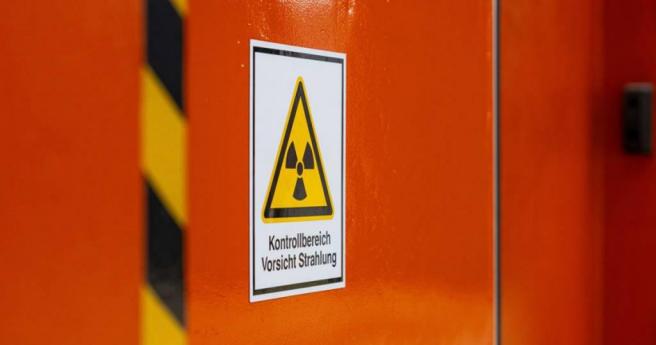A Radiation Portal Monitor (RPM) is a sophisticated piece of radiation detection equipment designed to identify and measure gamma radiation emitted from radioactive materials, such as Caesium-137 (Cs-137). These monitors are crucial in various settings, particularly at border crossings and ports, where the risk of radioactive contamination from scrap metal and other materials is heightened. RPMs serve as a first line of defense against the illicit transport of radioactive substances, ensuring that any potential threats are detected before they can enter the public domain.




In Indonesia, the responsibility for regulating nuclear energy and radioactive equipment falls under the National Nuclear Regulatory Agency, known as BAPETEN. Despite this regulatory framework, the country currently faces significant challenges in its radioactive monitoring capabilities. Reports indicate that only a limited number of ports are equipped with fixed RPMs, leaving a substantial gap in monitoring coverage at critical entry points. This lack of infrastructure poses a risk, especially in light of recent incidents involving radioactive contamination.
One such incident occurred in 2025 Indonesia, involving Cs-137, a radioactive isotope that poses serious health risks due to its gamma radiation emissions. This event has prompted the Indonesian government to reevaluate its regulatory measures and enhance its radioactive detection capabilities. As a result, there has been a marked increase in the emphasis on cargo inspection and radioactive detection, particularly in scenarios involving waste and scrap metal management.
The heightened awareness of radioactive contamination risks has created a significant demand for RPMs and related inspection equipment. As Indonesia seeks to bolster its monitoring capabilities, the need for advanced radiation detection equipment will become increasingly critical. This demand is not only limited to ports and border crossings but also extends to waste management facilities, where the potential for radioactive materials to enter the recycling stream is a growing concern.
In conclusion, the integration of Radiation Portal Monitors into Indonesia's regulatory framework is essential for enhancing the country's ability to detect and manage radioactive contamination. With recent incidents underscoring the importance of effective monitoring, the demand for RPMs and related services is expected to rise sharply. As BAPETEN continues to refine its regulations and oversight, the implementation of comprehensive radiation detection systems will play a pivotal role in safeguarding public health and ensuring the safe management of scrap metal and other potentially hazardous materials.
Post time: Nov-21-2025

